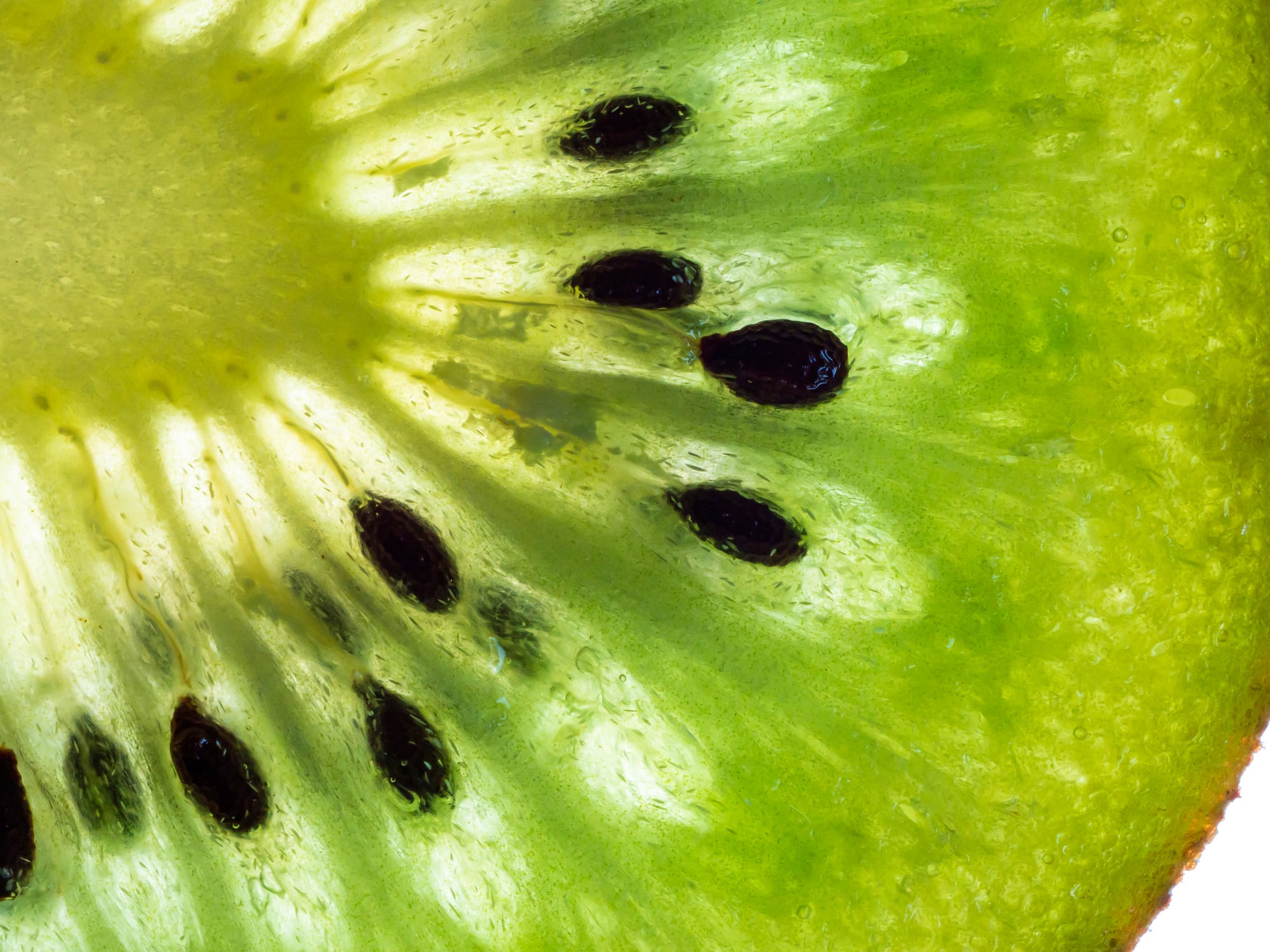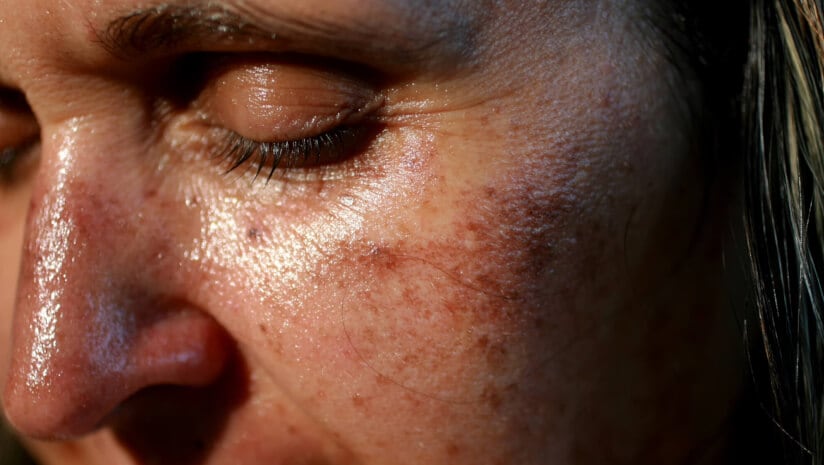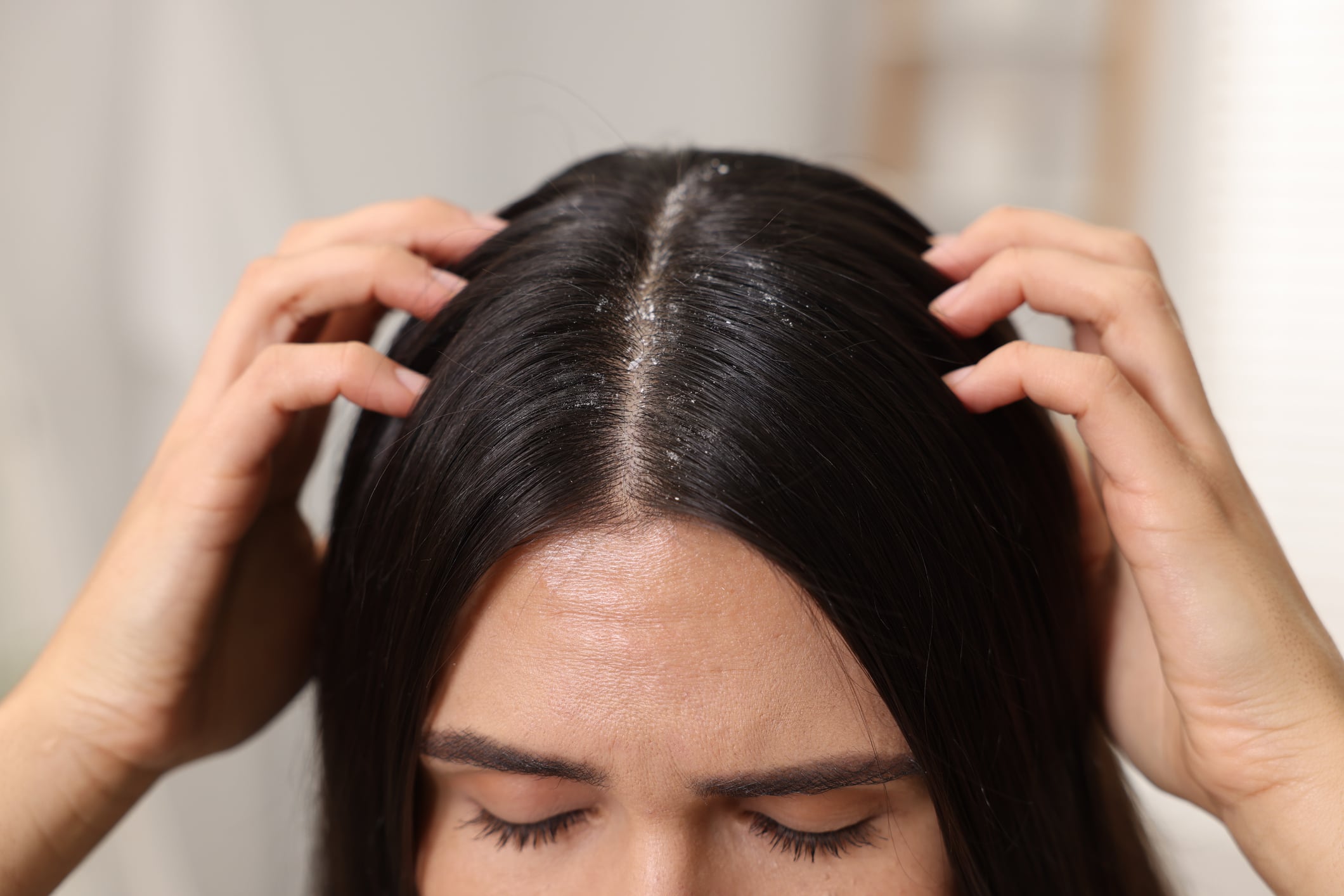Led by researchers from Universidad Santiago de Cali, Universidad de Antioquia, and Universidad Nacional de Colombia and funded by the Dirección General de Investigaciones of Universidad Santiago de Cali, the research explored the use of actinidin to generate bioactive peptides with potential cosmetic applications.
Why peptides matter
Skin aging is primarily linked to oxidative stress and the breakdown of collagen and elastin, two proteins that give skin its structure and elasticity, researchers explained. This degradation is accelerated by enzymes such as collagenase and elastase, they added, particularly when triggered by environmental stressors like UV exposure.
As consumers’ demand for effective anti-aging topical ingredients continues to climb, “the search for natural compounds with anti-aging activity capable of inhibiting collagenase, elastase, and neutralizing ROS has intensified,” they wrote.
Peptides are gaining increasing interest in cosmetics and personal care due to their ability to neutralize oxidative stress and inhibit the activity of collagenase and elastase, researchers continued, “due to their antioxidant properties, low allergenicity, and cost-effective production.”
The actinidin advantage
The study highlighted actinidin as a promising biocatalyst because it “offers several advantages over conventional proteases...its natural origin, broad pH stability, specificity, and low immunogenicity make it a sustainable and efficient enzymatic alternative for cosmetic bioconversion,” the authors wrote.
They also emphasized that actinidin has previously shown the ability to generate peptides with antioxidant and enzyme-modulating properties.
However, “its use as a biocatalyst for generating anti-aging peptides from bovine casein remains largely underexplored,” the researchers stated, framing their study as one of the first to investigate this approach in detail.
Study design and integrated approach
The researchers emphasized their dual methodology, explaining that their “integrated experimental and computational approach...aims to identify bioactive sequences with predicted affinity for collagenase and elastase, agreeing with sustainable enzyme sourcing and supporting the development of natural cosmetic bioactives.”
To evaluate actinidin’s potential, the team extracted and purified the enzyme from kiwi pulp, then applied it to bovine casein, a milk protein. The enzyme achieved a high hydrolysis rate of 91.6%, breaking the casein down into smaller peptide fragments.
These peptides were tested for their antioxidant activity and ability to inhibit collagenase and elastase. The authors reported that “the resulting hydrolysates showed moderate in vitro anti-aging activity: antioxidant (17.5%), anticollagenase (18.55%), and antielastase (28.6%).”
Results
Computational modeling identified 66 peptide sequences, with nearly one-third consisting of four to eight amino acids, which researchers confirmed is an optimal size for interaction with target enzymes. The study reported that “the sequences with the highest affinity were FALPQYLK and VIPYVRYL for collagenase and elastase, respectively.”
The authors added that “structural modeling revealed conformations comparable to commercial inhibitors, suggesting competitive and substrate-mimicking inhibition mechanisms.” This finding suggests the peptides may slow down the enzymatic breakdown of collagen and elastin in a way similar to existing cosmetic actives.
Although the levels of activity were moderate, the authors underscored the importance of ingredient sourcing. They concluded that “despite the modest inhibition values, the use of a fruit-derived enzyme and a food-grade substrate is in line with current trends in sustainable and natural cosmetics.”
Next steps
The researchers emphasized that the study is an early-stage investigation and that further validation is needed. According to the authors, “future studies should focus on in vivo validation, skin permeation assays, and advanced peptide characterization to guide formulation scalability and clinical relevance.” They also recommend purification and chemical synthesis of key peptide sequences for more robust testing.
In their conclusion, the authors stated: “this study demonstrated that enzymatic hydrolysis of bovine casein using actinidin from Actinidia deliciosa yields peptide hydrolysates with multifunctional cosmetic properties.”
They added that “these findings highlight the potential of peptides derived from casein hydrolysis by actinidin as a new alternative of sustainable and effective active ingredients for use in topical formulations as adjuvants in anti-aging treatment.”
Source: Cosmetics, 2025, 12, 189, doi: 10.3390/cosmetics12050189, “Anti-Aging Potential of Bioactive Peptides Derived from Casein Hydrolyzed with Kiwi Actinidin: Integration of In Silico and In Vitro Study”, Authors: N. Caicedo, et al.





